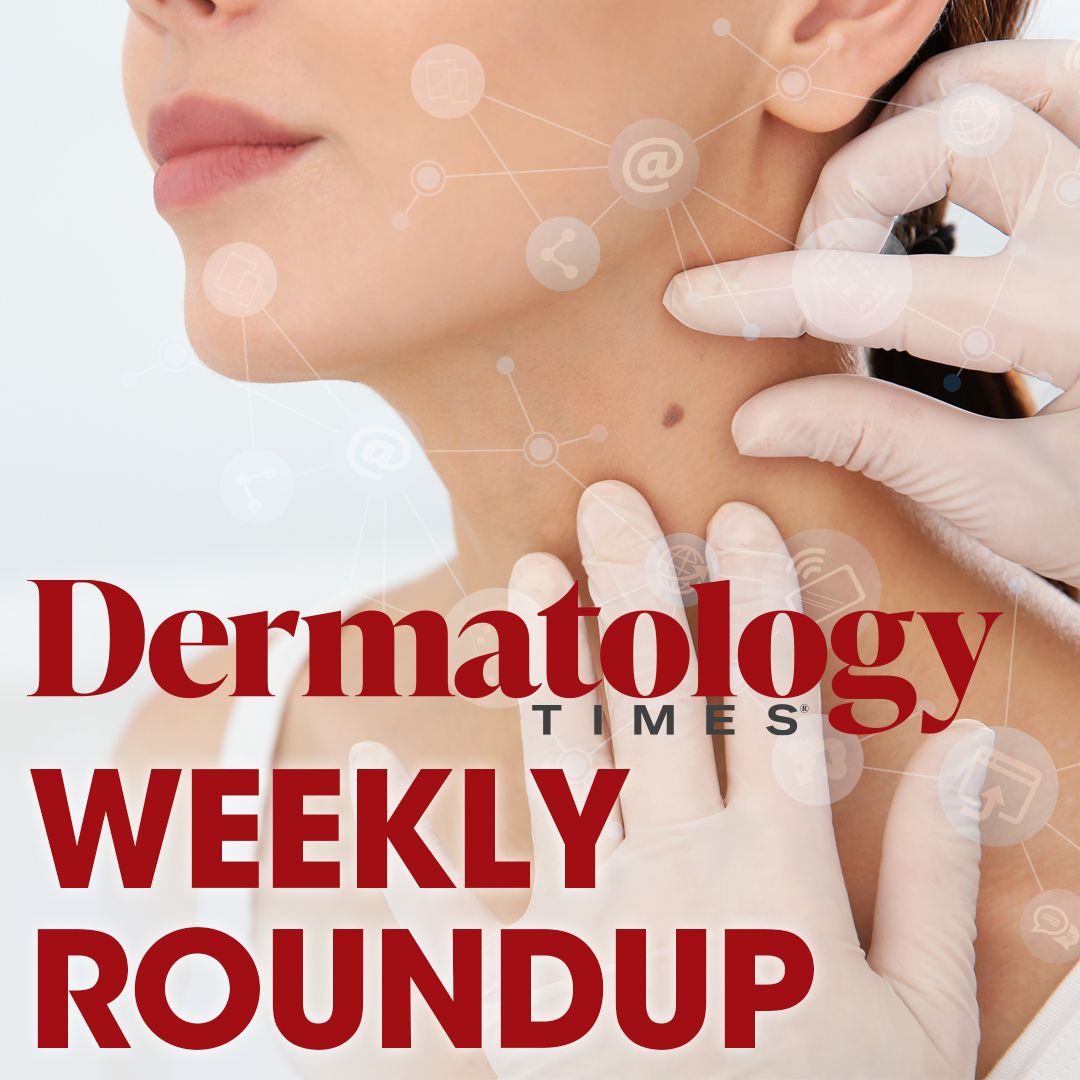- Case-Based Roundtable
- General Dermatology
- Eczema
- Chronic Hand Eczema
- Alopecia
- Aesthetics
- Vitiligo
- COVID-19
- Actinic Keratosis
- Precision Medicine and Biologics
- Rare Disease
- Wound Care
- Rosacea
- Psoriasis
- Psoriatic Arthritis
- Atopic Dermatitis
- Melasma
- NP and PA
- Skin Cancer
- Hidradenitis Suppurativa
- Drug Watch
- Pigmentary Disorders
- Acne
- Pediatric Dermatology
- Practice Management
- Prurigo Nodularis
- Buy-and-Bill
Article
Ultrasound patch accelerates tissue repair
A novel ultrasound applicator significantly accelerated tissue healing in patients with venous ulcers, according to findings from a small clinical study.
A novel ultrasound applicator significantly accelerated tissue healing in patients with venous ulcers, according to findings from a small clinical study.
Investigators with the National Institutes of Health treated chronic wounds in five patients using 15 minutes of 20 kHz ultrasound, 45 minutes of 20 kHz ultrasound, 15 minutes of 100 kHz ultrasound, or 15 minutes of a placebo ultrasound. The group receiving 15 minutes of 20 kHz ultrasound showed the greatest improvement, researchers noted in a news release. All patients experienced complete healing by the fourth treatment.
In vitro studies in which mouse fibroblasts were treated using 20 kHz ultrasound for 15 minutes corroborated investigators’ findings, according to the news release. On average, a 32 percent increase in cell metabolism and a 40 percent increase in cell proliferation was seen after 24 hours in the treated cells compared with control cells.
Patients who received 45 minutes of treatment didn’t achieve the same benefits as those receiving 15 minutes of treatment, which may indicate a dose effect, researchers noted. Investigators are expanding the in vitro studies to examine the effects of low-frequency ultrasound on macrophages and collagen production to determine why it promotes healing.
“In wound healing, there is the inflammation phase, the proliferation phase and the remodeling phase. We’re looking at the primary cell participants at each phase and examining the effects of ultrasound on each of these individually and then collectively,” said Joshua Samuels, Ph.D. candidate and lead author of the study.
The ultrasound technology used was developed by researchers at Drexel University, Philadelphia, with funding from the National Institute of Biomedical Imaging and Bioengineering (NIBIB), part of the National Institutes of Health.
Larger studies will need to be performed to confirm the safety and efficacy of the technology, researchers noted.
To get weekly news and analysis for today's skincare specialists, subscribe to Dermatology Times eNews.





